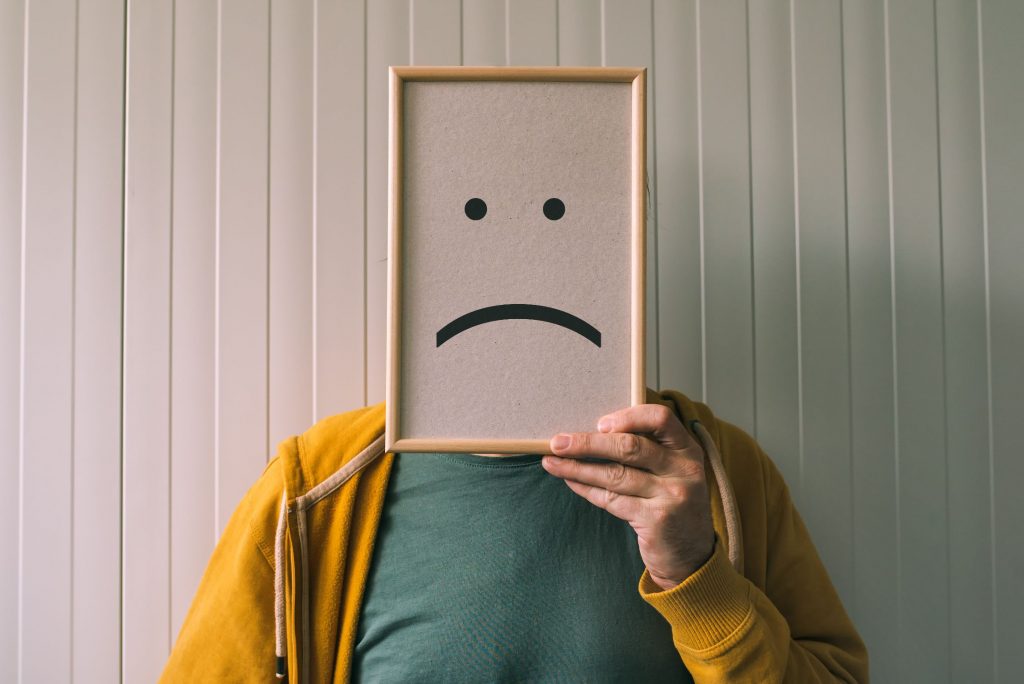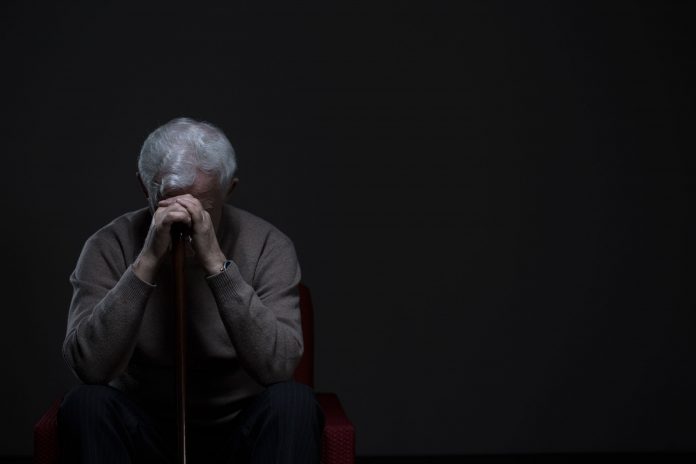Reading Time: 5 minutes
We all feel sad from time to time but that doesn’t mean you are depressed. Depression is far more complex than that. In spite of being one of the leading diseases around the world, depression is widely misunderstood.
Many myths and misconceptions exist around depression, I’m here to bust them which might help you understand this complex disease.
Signs & symptoms of Depression
- Constant sadness
- Loss of interest in things that once brought you joy
- Low levels of motivation, energy
- Fatigue
- Trouble sleeping, insomnia or oversleeping
- Inability to concentrate and focus on tasks
- Feeling mixed emotions like sadness, hopelessness, anger, irritability, anxiousness or not feeling at all
- Loss of appetite or overeating
- Thoughts of suicide
Misconception #1: Depression isn’t a real illness
Just because you can’t physically see a person suffering from depression does not mean it isn’t real. All sickness does not need to be tangible. Depression is a complex mental health disorder that affects many people all over the world. Due to the taboos, stigmas and myths surrounding depression, a lot of people write it off as “not a real illness” which can be detrimental to say the least. If you feel like you suffer from depression, do seek help.
Misconception #2: Depression is a sign of weakness
Depression can affect anyone, irrespective of your strength and it is most definitely not a sign of weakness. Some of the biggest boxers and athletes in the world have been brought to their knees by depression. It’s a biological and psychological condition that has been stigmatized by society. Depression does not discriminate, and nobody chooses to be depressed. Seeking mental health support is essential, you don’t have to manage it alone.
Misconception #3: Depression is just being sad and crying
Depression is much more than temporary sadness. It manefests as a whole host of symptoms like insomnia, hopelessness, lack of motivation and even thoughts of suicide. Being depressed doesn’t only mean that you’re sad or that you cry. It is far more complex than that. It can’t be shaken off on its own. In some cases if you do suffer from depression you don’t always cry or show dramatic signs. Untreated depression hinders living a fulfilling life, not only does it affect you but it affects the people around you as well.
Misconception #4: Depression “looks” a certain way
Depression can be hidden and not always evident. You might appear functional and happy on the outside but broken on the inside. It doesn’t have a one-size-fits-all look or experience when it comes to being diagnosed with depression, it varies from person to person. The physical differences in the brain and hormonal changes in each person determine your severity of moods, thoughts and manifestations of depression. It’s essential to take depression symptoms seriously, regardless of how it may appear outwardly.
Misconception #5: It’s all in your head
Depression isn’t in your head, it is a genuine medical condition that involves your brain chemistry, functioning of your brain and your hormones. It presents as symptoms ranging from physical ailments to emotional distress. It is a complex disorder that requires treatment.
Misconception #6: You can simply ‘snap out of it’
Depression is not a choice. Depression can not be overcome with positive thoughts alone. It’s a medical condition influenced by your brain chemistry and requires proper treatment and support. Trying to handle it alone won’t suffice. It’s not something you can snap out of. It takes work and professional intervention to get through it.

Misconception #7: Depression only affects women
Depression affects both men and women, but societal pressures often discourage men from discussing their feelings or seeking help, leading to serious consequences such as higher suicide rates among men. Cultural stigma around masculinity can hinder open discussions about mental health, making it essential to break these gender barriers and encourage men to seek support. Mental health treatment is crucial for everyone, regardless of gender. Depression does not care about your gender and neither should you.
Misconception #8: Genetics guarantees that you will get depression
Having a family member with depression may increase your likelihood of getting it, but it’s not a guarantee. Many people with depression have no family history of the condition and some who do have it in their genes don’t ever get it. While genetics play a role, your family history is not your destiny. Monitoring early symptoms and taking proactive steps, like avoiding substance abuse, stressors and seeking professional treatment, can be beneficial if you do have a family history of depression.

Misconception #9: Having depression isn’t something to worry about
Depression is a serious condition with serious consequences, especially if it is left untreated. It most definitely is something to worry about and can catapult into other serious conditions. Seeking proper treatment and support is crucial to managing and preventing the adverse outcomes of depression.
Misconception #10: The best way to help someone with depression is to cheer them up. Telling someone with depression to simply look on the bright side, to cheer up or to snap out of it is not helpful. It’s important to understand that depression is complex. The best way to help someone is to steer them in the direction of proper treatment.
Misconception #11: Antidepressants will change your personality
Antidepressants are designed to change specific brain chemicals and can help relieve depression symptoms without altering your personality. They are safe and effective and are often the reason for making many people feel more like themselves again. However, its important to note that combining medication with talk therapy is often the most effective approach for treating depression. Itt does take time and trial and error to find the right medication and dosage.
Misconception #12: Keeping busy cures depression
Some people believe that staying busy will help you avoid depressive episodes, while this might work for a while but without proper help depression does not go away.
Misconception #13: There has to be a reason you’re depressed
Depression can result from a combination of life challenges, traumatic events, genetics and brain chemistry. There can be a reason for you developing depression and it can occur out of the blue as well. It all depends on each person. There is no hard and fast rule for who can experience depression and who can’t.
Misconception #14: Talking about depression makes it worse
Talking about depression does not worsen it, this myth stems from mental health stigmas. Open discussions about depression are crucial to understand this complex disease. It is also vital to seek help to break free from the shackles of this monster called depression. Friends, family or healthcare professionals can provide valuable support. Psychotherapy is an effective treatment to address your depression symptoms. Talking about depression is often the first step towards healing.

Depression is a big deal and don’t let anyone tell you otherwise.
It’s time we start viewing mental health with the same glasses through which physical health is examined. If you aren’t fit mentally how can you expect to be physically fit?
If you suffer from depression or any other mental health illness, know that you are not alone. There is always someone who will be willing to help you.
Don’t be afraid to ask for help!








